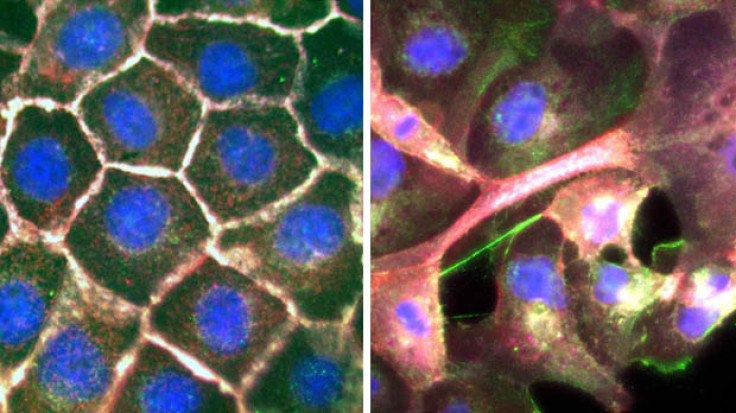New breath test could detect stomach cancer or pre-cancerous cells

A simple breath test could detect early stages of stomach cancer, a study has found.
Israeli researchers have found 'nanoarray' technology can monitor chemical changes of compounds in exhaled air – known as 'breath prints' – to see whether patients are more prone than others to developing the disease, which affects 7,300 people annually in the UK.
The Israel Institute of Technology study, published in the journal Gut, looked at 484 people of whom 99 already had cancer.
Samples of their breath were analysed for minute organic compounds that are thought to be found in people with cancer.
The breath test was found to be fairly good at detecting cancerous samples from non-cancerous ones, and also identified patients that showed 'pre cancerous' changes that could develop into full blown cancer, reports the BBC.
A major study involving cancer and non-cancer patients is now taking place to see if the test can be introduced as a viable screening method. It is hoped it will be deemed as more of an attractive alternative to invasive endoscopy procedures.
Research leader Professor Hossam Haick of the Russell Berrie Nanotechnology Institute in Haifa said: "The attraction of this test lies in its non-invasiveness, ease of use, rapid predictiveness, insensitivity to confounding factors, and potentially low cost."
It is also the first time a test of this kind has been developed to warn of pre-cancerous gastric changes. In most western countries stomach cancer is often diagnosed too late as symptoms, such as indigestion, pain, nausea and vomiting, are mistaken for other gastrointestinal diseases.
© Copyright IBTimes 2024. All rights reserved.






